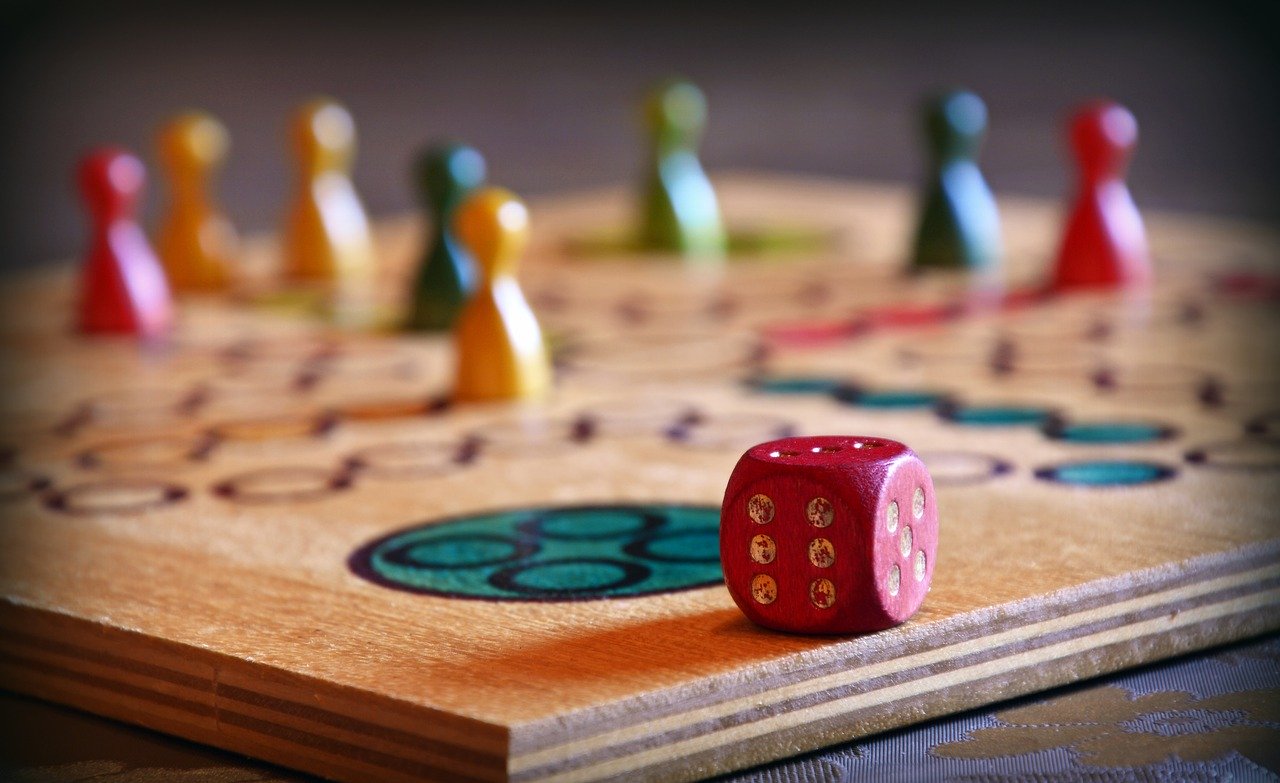
This event has passed.

POSTPONED – Healthy Brains and Board Games
March 14, 2020 @ 2:00 pm - 4:00 pm
POSTPONED
Due to recent escalations in concerns regarding COVID-19, Hamilton Aging in Community has decided to CANCEL the board game event originally intended to take place on March 14th.
Date: March 14, 2020
Time: 2 – 4pm
Location: 1107 Main St. West., Hamilton
Come join our inclusive and accessible game group. Anyone over the age of 14 is encouraged to join us to play games in a safe, non-judgmental atmosphere. Try out new and familiar games from our wide selection or bring your own!
For more information, visit hamiltonagingtogether.ca/events or contact [email protected].
